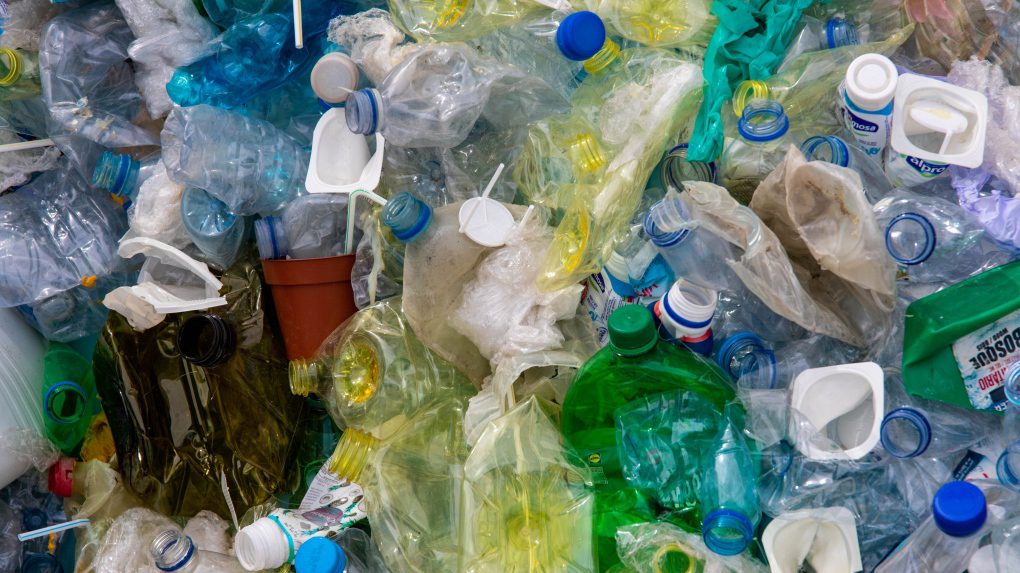Global Courant 2023-05-22 23:17:00
Recycling can mean more to the environment than previously known, according to a new US study which compared carbon mitigation strategies, such as a transition to electric vehicles and the use of clean energy, to more traditional approaches to environmental protection.
Researchers assessed the economic and environmental value of community recycling practices and found that recycling provides a return on investment comparable to or better than more expensive environmental measures.
“Eliminating recycling waste is one of the easiest opportunities for communities and citizens to help mitigate the impact of climate change and reduce our demand for natural resources,” said Timothy Townsend, a professor of environmental sciences at the University of Florida and one of the study’s authors, in a press release. “Recycling doesn’t just solve the problem, it’s part of the puzzle.”
Jurisdictions across the U.S. have canceled or scaled back recycling programs due to rising costs, according to the study, published Monday in the journal Nature Sustainability. The findings concluded that recent restrictions on recyclables, previously collected by international markets, have largely contributed to the rise in costs.
The research team wanted to determine how expensive recycling programs are compared to general waste collection. They also calculated the resale value of recyclables to find out if the recycling programs could pay for themselves with the right resold material. Aside from this economic assessment, the study also looks at the benefits of residential recycling systems in reducing greenhouse gas emissions.
Recycling markets were most lucrative in 2011, according to the findings, with an average toll for US households of $3, but the financial burden of maintaining programs rose in 2018 — after tighter restrictions — and continued to get more expensive in 2020, ranging from US $34 to US$42 per household.
Despite these increased costs, the study argues that investments in recycling effectively offset greenhouse gas emissions from unrecycled waste accumulating in landfills.
Based on the research, a solution proposed by Townsend and fellow researcher Malak Anshassi of Florida Polytechnic University that could help communities reap the benefits of recycling without feeling the toll of financial pressure is as local governments restructure their recycling programs to with the greatest market value and the greatest carbon offset potential, recycling can simultaneously pay for itself and reduce greenhouse gas emissions, Townsend explained in the release.
The study identifies “higher grade” materials – meaning items that are profitable in the recycling market and can also reduce emissions if sold – such as HDPE and PET plastic bottles, aluminum and steel cans, cardboard and newspapers.
“Recycling is a public service provided by local governments to their residents, just like providing water, sewage and roads,” Townsend said. “It’s a service that comes at a cost, but it always has been. I would say it doesn’t cost much compared to other services we pay for, and if the markets are good, you hardly pay anything.”
The study also encourages municipalities to implement policies that help alleviate the costs of recycling by placing some of the responsibility on manufacturers. This may include a minimum amount of recyclable materials that manufacturers must include in packaging products.
“If we collectively learn to recycle better, we can reduce costs to near break-even,” says Townsend. “From an environmental point of view, that’s a good return on your investment.”




